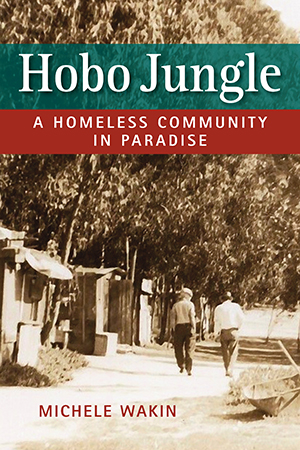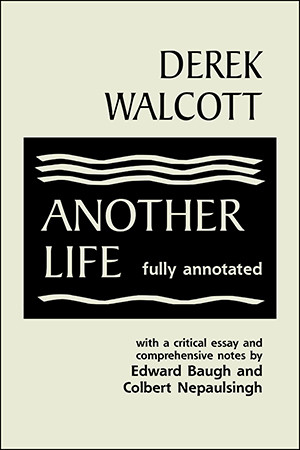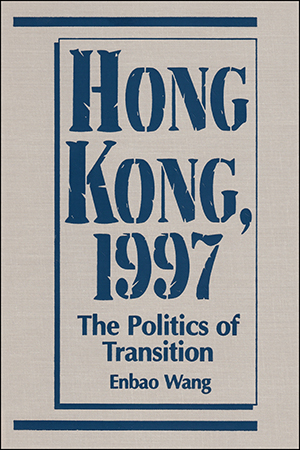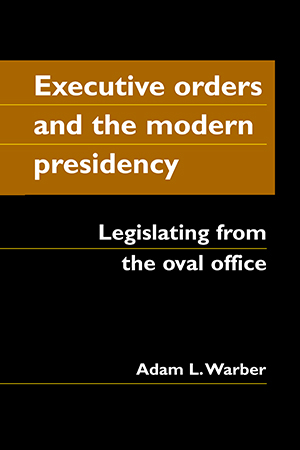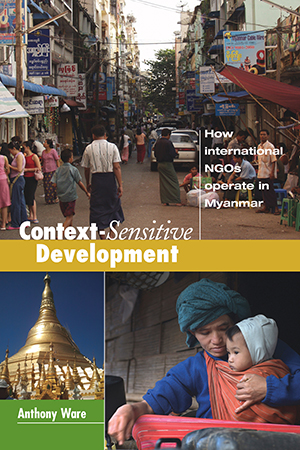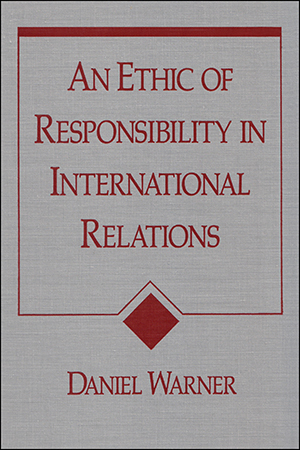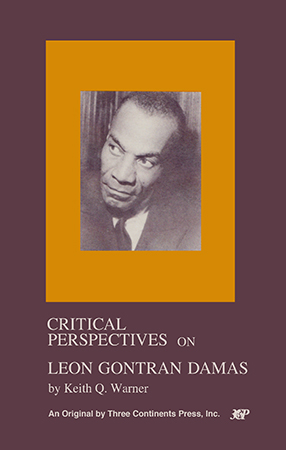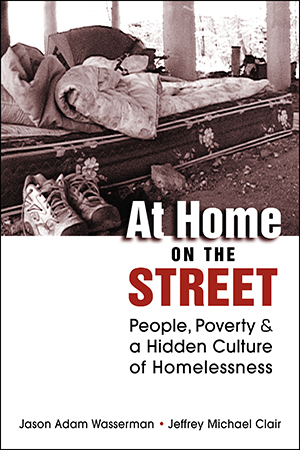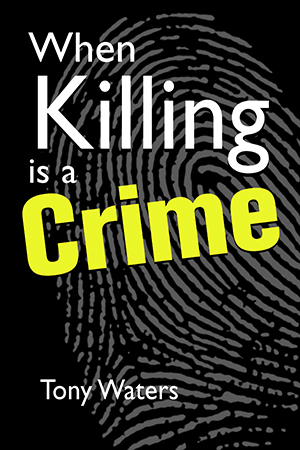BOOKS
For many decades and for many reasons, people who are homeless have chosen to live in camps or other makeshift settings, even when shelters are available. Is this an act of resistance? Of More >
This near-definitive study sets a new standard for the kind of meticulous scholarship that Nobel laureate Derek Walcott's poetry deserves. Another Life, Walcott's masterpiece of More >
This book explains why three countries—Britain, France, and Italy—that have faced similar problems of high inflation and currency depreciation since the 1970s—Britain, More >
Thoroughly researched and well documented, this accessible book looks at the past, present, and future of Hong Kong. Wang examines China's policy toward the Hong Kong transition in More >
Desegregating the military. The internment of Japanese Americans. Limiting stem-cell research. Each of these actions has been accomplished by way of executive order—bypassing the More >
Focusing on Myanmar, with its perfect storm of extreme poverty, international sanctions, and egregious political repression, Anthony Ware shows how context sensitivity can help development More >
Questioning many of the traditional assumptions found in discussions of ethics in international relations, Daniel Warner presents an original understanding of what an "ethic of More >
Poet, storyteller, scholar, teacher, and statesman, Léon Gontran Damas, born in French Guiana, was a founding father of the negritude movement. This collection offers a wide range of More >
In their compelling examination of what it means to be truly at home on the street, Jason Wasserman and Jeffrey Clair argue that programs and policies addressing homeless people too often More >
Taking another person's life is the crime for which every society reserves the strongest of punishments. But why (and when) is the act of killing sometimes defined as murder—as More >



